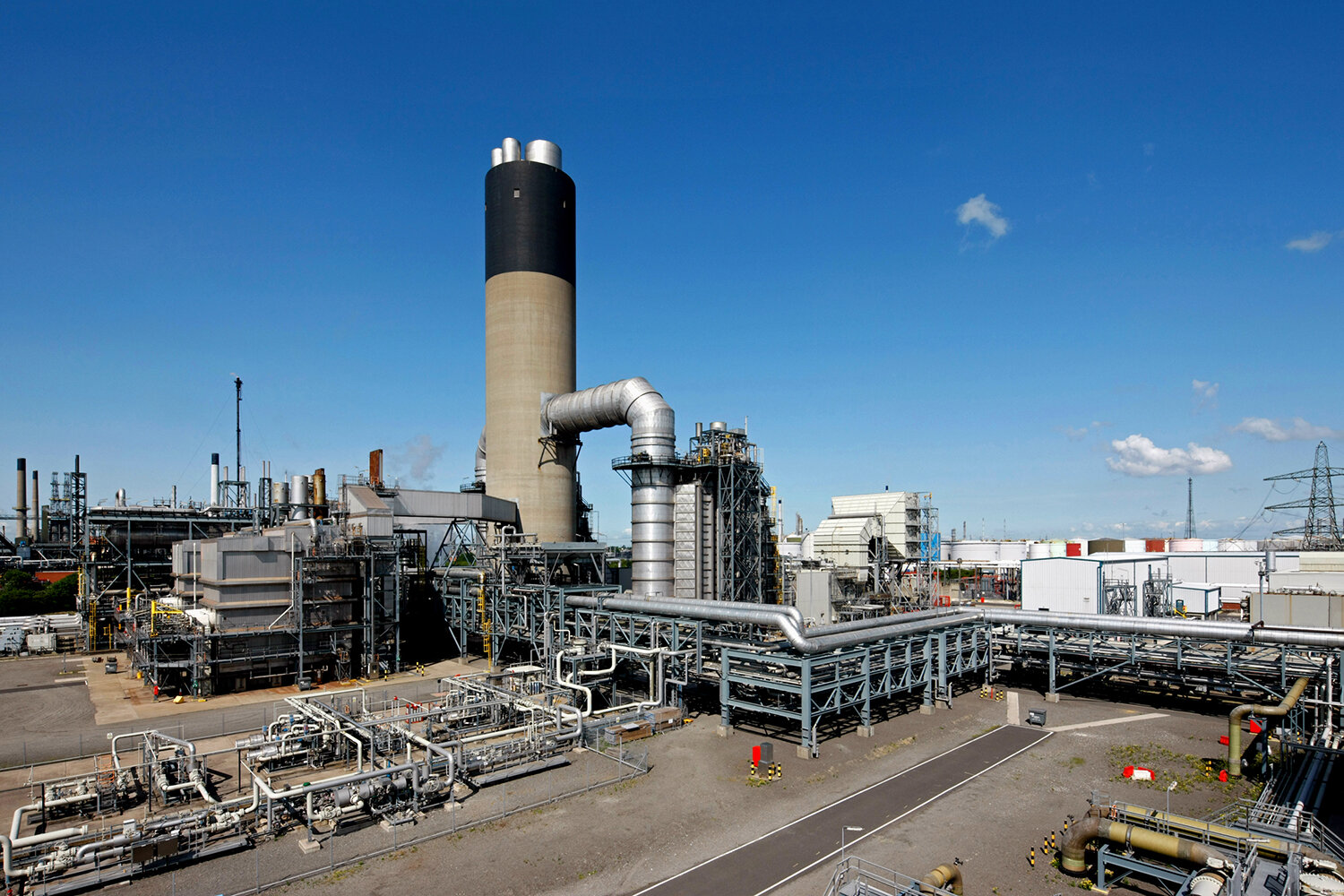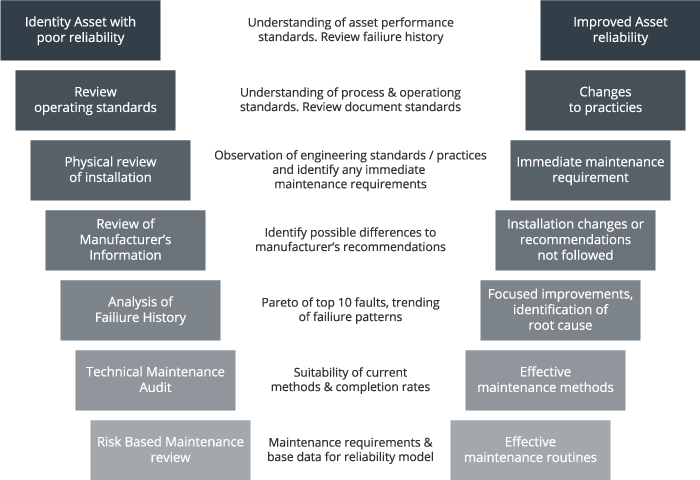Reliability Management Overview
Reliability is the ability of a system or component to perform its required functions under stated conditions for a specified period of time.
Why is Reliability Management Important?
Reliability Management should provide the right decisions to optimise the delivery of value. The objective is to ensure the optimised balance between reliability, availability, maintainability and safety of all assets, at optimal cost and under satisfactory conditions of quality, safety and protection of the environment, maintaining the resources of the company so that operations proceed effectively and efficiently.
Reliability Management includes the design for reliability, operability, maintainability, safety (ROMS), the revision of maintenance and calibration plans, based on the criticality and failure history, condition of the asset and criteria for creating.
Reliability Management supports the asset reliability optimisation, considering the design for ROMS, criticality and condition of the assets by using the most appropriate tools and techniques for supporting the development and revision of maintenance plans. Technology innovations are driving businesses to transform the traditional way of work in Reliability Maintenance using digitalisation, and the concepts of the Industrial Internet of Things (IIoT). This can utilise predictive maintenance and failure predictions which contribute to managing risk and improving cost, performance, quality and safety.
Reliability Management Approach
MCP’s holistic approach to reliability improvement ensures all contributory factors are investigated and appropriately addressed. The process follows a top-down and bottom-up approach and is described below:
The approach ensures factors such as:
Design
Quality of installation
Environment
Operating methods and standards
Support availability e.g. technical knowledge, spare parts provisioning etc
Effectiveness of Preventive Maintenance routines
The process actively engages with the maintenance, operations and project staff of the organisation, ensuring sustainable improvements are made for both existing and new installations.
Reliability Management Benefits
Our approach to reliability improvement has delivered substantial, tangible benefits to our clients in the areas of:
Increased uptime of assets
Reduced annual maintenance expenditure
Reduced inventory
Capital avoidance – improved asset performance has led to the canceling of planned capital projects often saving clients > £1m
Improved project delivery through a better understanding of Early Equipment Management needs
The approach also delivers intangible benefits, including:
Improved understanding of asset capability
Improved team working between maintenance, operations and projects through sharing of understanding
Improved utilisation of maintenance skills; maintenance technicians spend less time ‘fixing’ problems and more time preventing them
Speak to one of our Reliability Consultants today.






